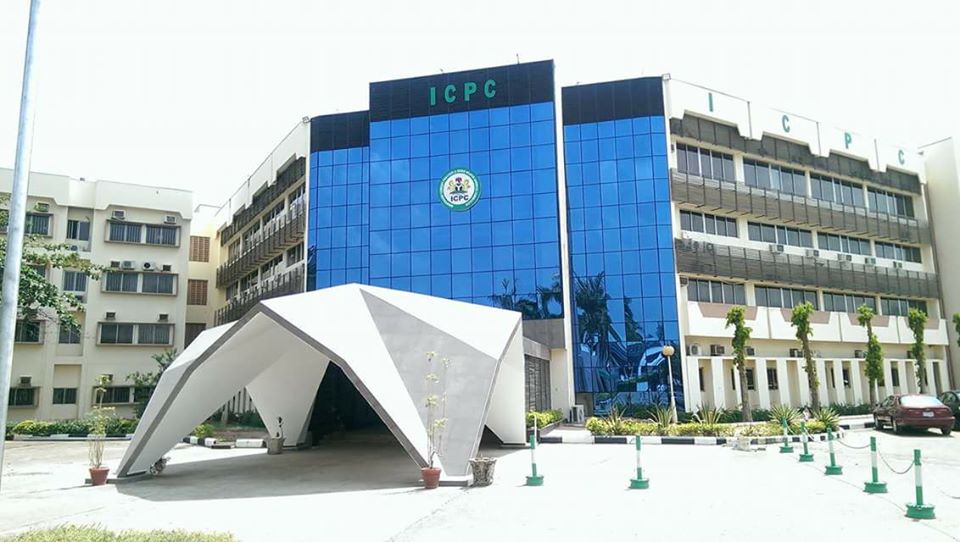Peter Chapman, the former manager in Africa of polymer banknote manufacturer Securency PTY Ltd, was sentenced in London today to two and a half years in prison for paying bribes in Nigeria.
Judge Michael Grieve sentenced Chapman to 30 months on each of four counts of violating the Prevention of Corruption Act 1906, to be served concurrently.
Due to time already served, Chapman, 54, is serving the remainder of his sentence on license.
UK prison inmates often finish half their sentences on license — or supervised probation.
Chapman was convicted yesterday at the Southwark Crown Court after a five week trial.
He paid about $205,000 in bribes to an agent of Nigerian Security Printing and Minting PLC to win orders for reams of polymer substrate from Securency. Polymer substrate is used to make plastic banknotes.
A prisoner released on license is given a sheet of paper known as the license. A copy also goes to the local police where the offender will live.
The licence includes seven standard conditions:
(a) Be of good behaviour and don’t behave in a way which undermines the purpose of the licence period
(b) Don’t commit any offense
(c) Keep in touch with the supervising officer
(d) Receive visits from the supervising officer
(e) Reside permanently at an address approved by the supervising officer and obtain his prior permission for any stay of one or more nights at a different address
(f) Don’t undertake any work that’s not approved by the supervising officer, and
(g) Don’t travel outside the United Kingdom, the Channel Islands or the Isle of Man except with the prior permission of the supervising officer.
The license can also show special conditions, such as curfews.
When he sentenced Chapman, Judge Michael Grieve said: “Corruption is a very serious global problem, that the Anti-Corruption summit this week highlights. Offenses so serious only justify an immediate custodial sentence.”
Chapman was arrested at Heathrow Airport in April 2015 after his extradition from Brazil.
He managed Securency’s Africa office. Securency was then jointly owned by the Reserve Bank of Australia and UK manufacturing firm Innovia Films Ltd.
In March 2013, Innovia acquired all of Securency International and renamed the merged company Innovia Security Pty Ltd.
Culled from The FCPA blog.


